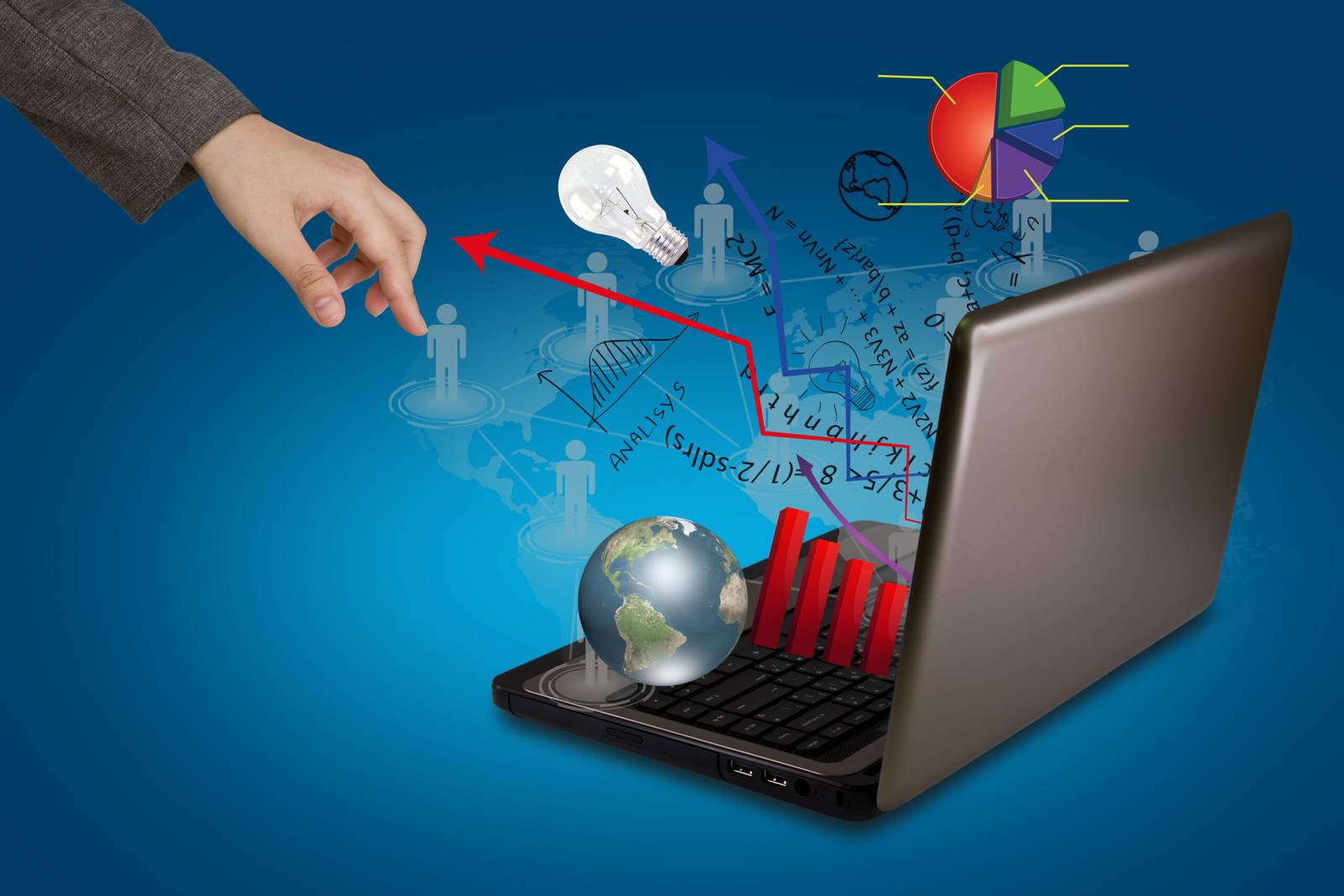The Influence of Tech Giants: Apple, Google, Amazon

by Web Digital
In the ever-evolving landscape of the tech industry, a select group of companies has risen to unparalleled prominence and power. Apple, Google, and Amazon, often collectively referred to as the “Big Tech” or “tech giants,” have become household names, shaping not only the digital world but also the global economy, politics, and even our daily lives. In this article, we explore the extraordinary influence of these tech giants, examining their reach, impact, and the implications of their power.
The Tech Giant Triad
Apple: The Innovator
Apple Inc., founded by Steve Jobs, Steve Wozniak, and Ronald Wayne in 1976, has a storied history of innovation. The company introduced the personal computer with the Apple II, revolutionized the music industry with the iPod, and redefined the smartphone market with the iPhone. Today, Apple is a global leader in consumer electronics, software, and services, with a market capitalization that regularly surpasses $2 trillion.
Google: The Information Behemoth
Google, established by Larry Page and Sergey Brin in 1998, started as a search engine but has since expanded its portfolio to include products like Google Maps, YouTube, and Android. Its dominance in online advertising and its Android operating system’s ubiquity makes it a critical player in the digital ecosystem. Google’s parent company, Alphabet Inc., is one of the world’s most valuable corporations.
Amazon: The E-Commerce Titan
Founded by Jeff Bezos in 1994 as an online bookstore, Amazon has evolved into the world’s largest e-commerce platform. It has diversified into cloud computing (Amazon Web Services), digital streaming (Amazon Prime Video), and artificial intelligence (Amazon Alexa). Amazon’s reach extends far beyond online retail, with a significant influence in logistics, entertainment, and cloud infrastructure.
The Reach of the Tech Giants
The power of these tech giants lies in their vast reach across multiple sectors:
1. Hardware and Software Domination:
Apple’s iPhones, iPads, MacBooks, and Apple Watches are ubiquitous in consumer technology.
Google’s Android OS powers the majority of the world’s smartphones.
Amazon’s Kindle e-readers, Echo smart speakers, and Fire tablets are widely adopted in their respective categories.
2. Digital Ecosystems:
Apple’s ecosystem includes the App Store, Apple Music, iCloud, and services like Apple Pay.
Google’s ecosystem encompasses Google Search, Gmail, Google Drive, YouTube, and the Android app store, Google Play.
Amazon’s ecosystem includes Amazon Prime, Prime Video, Kindle Store, and Amazon Web Services (AWS).
3. Online Marketplaces:
Amazon dominates e-commerce, accounting for a substantial share of online retail sales globally.
Apple’s App Store and Google Play serve as the primary distribution platforms for mobile apps.
4. Cloud Computing:
Amazon Web Services (AWS) is the leading provider of cloud infrastructure services, powering a significant portion of the internet.
Google Cloud and Apple’s iCloud also play key roles in the cloud computing market.
5. Data and Advertising:
Google is the unrivalled leader in online advertising, with its search and display advertising platforms.
Amazon is a growing force in digital advertising, leveraging its vast e-commerce data for targeted advertising.
Apple emphasizes user privacy and limits data collection for advertising purposes.
6. Entertainment and Media:
Apple TV+ and Apple Music compete in the streaming market.
Google’s YouTube is the world’s largest video-sharing platform.
Certainly, here’s the sentence in English:
Amazon Prime Video provides an extensive collection of movies and television shows.
The Impact on Industries
The influence of these tech giants extends beyond their own domains, reshaping entire industries:
1. Retail:
Amazon’s dominance in e-commerce has disrupted traditional retail, leading to the “Amazon effect” and prompting retailers to adapt to online selling.
2. Media and Entertainment:
Netflix, Disney+, and other streaming services are challenging traditional TV networks, thanks in part to tech giant investments in content production.
The shift from physical media to digital downloads and streaming has been accelerated by Apple’s iTunes and Amazon’s digital media stores.
3. Advertising:
Google and Facebook’s duopoly in digital advertising has transformed the advertising landscape, with smaller players struggling to compete.
4. Smartphones and Mobile Apps:
Apple and Google’s control over app stores has sparked debates about app distribution and app developer fees
5. Cloud Computing:
Amazon Web Services (AWS) dominates the cloud infrastructure market, serving as the backbone for countless websites and applications.
Recommended Posts

Exploring the Transformative Influence of Technology in Sports
December 5, 2023

Tech Innovations in Renewable Energy Storage
December 4, 2023

Tech in Entertainment: VR Experiences and Immersive Content
December 2, 2023
